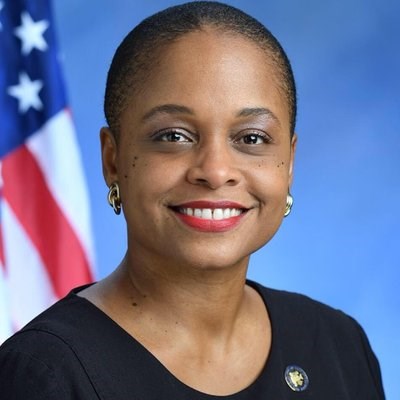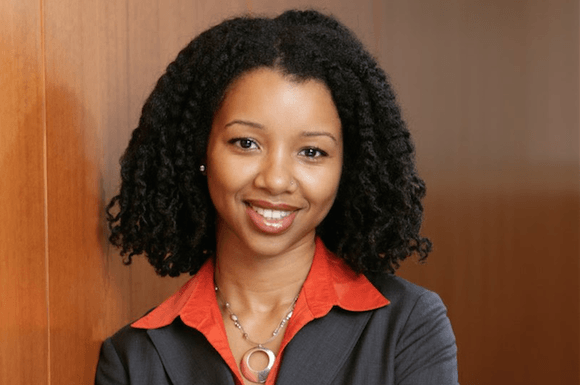The legal battle surrounding the controversial decision to include the citizenship question in the 2020 Census, which would require everyone living in the United States to declare whether they are citizens, is far from over.
Community advocates fear that the question "Is this person a citizen of the United States?" would depress turnout among immigrants and communities of colors.
In a first court ruling on January 15, U.S. District Court Judge Jesse M. Furman of the Southern District of New York struck down the Trump administration's move and ordered the question to be removed.
In March 2018, Department of Commerce Secretary Wilbur Ross, who oversees the Census Bureau, requested the citizenship question to be included after the Justice Department told him it needed citizenship data to enforce the 1965 Voting Rights Act, the New York Times reported.

One month later, the NY State Attorney General's office filed a lawsuit on behalf of a coalition of 17 states, seven cities and the U.S. Conference of Mayors. The lawsuit claimed that adding a citizenship question to the census was unconstitutional and otherwise illegal. The New York State Black, Puerto Rican, Hispanic and Asian Legislative Caucus, currently under the leadership of Brooklyn Assemblymember Tremaine Wright, supported the motion.
But how would the citizenship question affect diverse communities like Brooklyn?
The Census is a snapshot of the geography and demographics of a community and helps the federal government determine how to distribute its resources and funding. However, according to The Center for Law and Social Justice at Medgar Evers College, which served as pro bono legal counsel to the caucus, the citizenship question would trigger a census undercount among communities of colors and immigrant communities, thereby tampering with their access to representation and resources.
"Any undercount would cause our constituents, communities of color, immigrant communities and the disenfranchised, to lose their fair share of nearly $800 billion annually for the next ten years," said Assemblymember Tremaine Wright.
Preliminary data by the Census Bureau seem to confirm these fears: Adding a citizenship question could depress responses in households with at least one noncitizen by as much as 5.8 percent — which disproportionally affects states with large immigrant populations like New York, California or Texas.
Assemblymember Wright and other Brooklyn lawmakers share the concern.
"Any undercount would cause our constituents, communities of color, immigrant communities and the disenfranchised, to lose their fair share of nearly $800 billion annually for the next ten years," said Wright. "It would also ensure that these communities would be politically underrepresented in federal, state and local government."
Brooklyn Borough President Eric Adams said that the citizenship question is an effort to further disenfranchise Brooklyn residents.
"Brooklyn is the "hardest to count" county in all of New York State, and the efforts of the Trump administration to add a citizenship question would further disenfranchise our residents — 40 percent of whom are foreign-born — and their families from being counted, and therefore receiving the resources and representation they deserve," said Adams.
"In addition to the legal fight, it is imperative that community advocates ramp up their local outreach and education efforts to traditionally undercounted communities," said social justice attorney Lurie Daniel-Favors. "We also need states, cities, counties and the philanthropic community to increase funding for census outreach."
And while Judge Forman's decision was widely celebrated by elected officials and advocates, Lurie Daniel-Favors, social justice attorney and general counsel at The Center for Law and Social Justice, noted that the ruling was likely to be appealed and urged advocates to focus on outreach and information campaigns.
"This was round one," said Favors. "That's why, in addition to the legal fight, it is imperative that community advocates ramp up their local outreach and education efforts to traditionally undercounted communities. We also need states, cities, counties and the philanthropic community to increase funding for census outreach. As the legal battles continue, actual outreach and targeted media campaigns will be some of the most important ways to ensure that each community is fully counted on the census."

One of these efforts is the Make Brooklyn Count Campaign which Adams, in partnership with the Brooklyn Community Foundation and The Center for Law and Social Justice, launched last October.
Headed by the Brooklyn Complete Count Committee, a consortium of organizations, academic institutions and community groups, the campaign will target traditionally undercounted communities such as the elderly, low-income and undocumented individuals. The outreach initiative will also incorporate Brooklyn's businesses, civic and faith-based organizations, and community groups to help address concerns around filling out the census form while emphasizing the importance of self-reporting.
Additionally, the Center for Law and Social Justice convened the NYC Black Leadership Advisory Coalition for Census 2020, a non-partisan Pan-African coalition working to ensure that every NYC community of African descent is fully counted through census outreach and education efforts. This spring, NYC BLAC will provide a series of webinars and training workshops to build partnerships with faith and community-based organizations that can mobilize their members to be census ready. For more information on how to join the coalition, go here.
On Thursday, the legal battle officially went into the next round: The DOJ filed a legal motion with the U.S. Supreme Court to immediately review the case.
To learn more about why filling out the upcoming Census is more important than ever, read our interview with social justice attorney Lurie Daniel-Favors.



